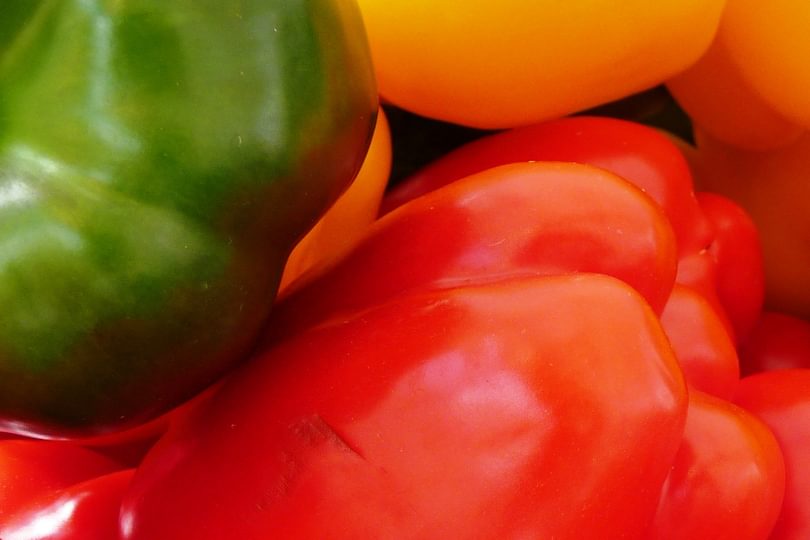
A new study analysing the greenhouse gas emissions associated with the diets of meat eaters, fish eaters, vegetarians and vegans found that going meat-free can dramatically reduce environmental impact.
Co-authored by Peter Scarborough, a Principal Investigator on the Oxford Martin Programme on the Future of Food and Senior Researcher at the British Heart Foundation Centre on Population Approaches for Non-Communicable Disease, the study shows that the greenhouse gas emissions for a meat-based diet are approximately twice as high as those for vegans and about 50 per cent higher than for vegetarians. Working with the Cancer Epidemiology Unit, the British Heart Foundation Centre researchers looked at the diets of 2,041 vegans, 15,751 vegetarians, 8,123 fish-eaters and 29,589 meat-eaters aged 20-79 using a food frequency questionnaire.The greenhouse gas emissions of these diets were then estimated using a dataset of greenhouse gas emissions for 94 food commodities in the UK, with a weighting for the global warming potential of each component gas.
The authors also included Anja Mizdrak, whose work on the project was funded by the Oxford Martin School, and Kathryn Bradbury, Adam Briggs and Tim Key, all of whom are part of the Future of Food research network. They concluded that "dietary greenhouse gas emissions in self-selected meat-eaters are approximately twice as high as those in vegans. It is likely that reductions in meat consumption would lead to reductions in dietary greenhouse gas emissions."
The study used data from EPIC-Oxford, a cohort study of 65,000 men and women living in the UK, many of whom are vegetarian, which examines how diet influences the risk of cancer.
- Read the full article in Climatic Change